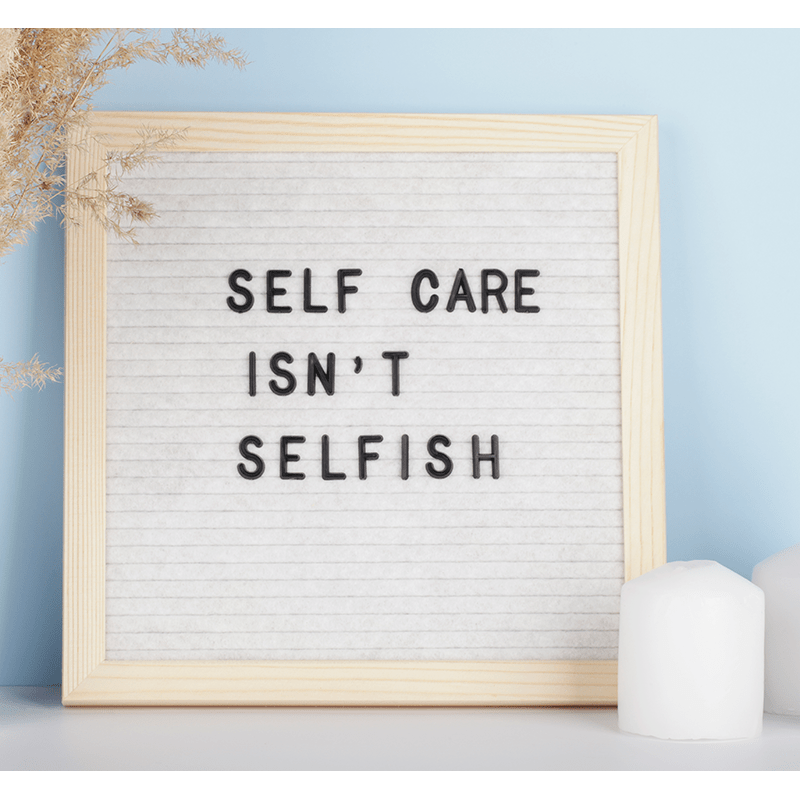WRITTEN BY:
BREE TAYLOR
STUDENT WELLBEING COACH
Cht, Dip App Sci, Mas NLP

This post contains links to resources exclusively available to active ACVN students. Those links have a * next to them. If you are a student be sure you’re logged in at our student website to take advantage of these resources.
WHAT IS OVERWHELM?
Overwhelm is common when we suddenly get flooded with a stack of new information, a series of life challenges or unexpected situations that can “tip us” over the edge.
Suddenly our stress cup overflows and we simply can’t handle one more drop, there is literally no space left for anything. Or another melt down will follow.
Its import to acknowledge that these kinds of feelings greatly affect our capacity to cope; the nervous system goes offline and our capacity for critical thinking is heavily affected.
Overwhelm based thoughts can sound like:
- I can’t do this. It’s too much. I need to quit now
- I’m really afraid I will fail
- I just can’t complete this course
- Where am I going to find time to do all of this?
Firstly, it’s useful to remember this state is temporary and it will pass. Also understand that these kinds of thought can often leads to inactivity, apathy and emotional disassociation as a means to cope.
When we feel like this, we may be unable to break down or simplify tasks so they feel manageable, thus seeking objective help is crucial to get a fresh perspective on the situation.
Also realise that the source of overwhelm most likely goes well beyond your current study commitments – begin to look at the wider picture of your entire life.
Slow down. Step back. Get some help from a trusted friend, family member, mentor, therapist, coach or reach out to ACVN directly*.
WHAT ABOUT ANXIETY?
While they may seem similar anxiety and overwhelm are quite different.
Anxiety is more often caused by a reoccurring thought or series of thoughts based around things that are in the future (e.g., concerns about things that will happen tomorrow, next week, new month or next year) that we may feel unable to control/achieve.
These can sound like:
- how on earth will I manage all this on-top of my work/ parenting?
- I can’t stop thinking about how much I need this job – just the idea of going to an interview is making me nervous
- If I can just get on-top of this now, tomorrow will be easier
- Why doesn’t my to-do list ever end? I’m already stressed thinking about tomorrow
Sometimes a build-up of anxiety can trigger an experience of overwhelm, however most people are managing varying levels of anxiety regularly on a daily or weekly basis.
Once we learn how to redirect our thoughts and manage the build-up of stress in our nervous system, these underlying levels can begin to fade to more manageable levels.
The biggest challenge with anxiety-based thoughts is that tomorrow never comes and we can always find things to be anxious about things that are “out there in the future”. Thus, learning to bring our focus back to here and now in the present time is usually the most effective solution.
Indeed, anxiety and overwhelm are both emotional states which are greatly exacerbated by stress! The more stressed we are, the less tolerance we have for other situations that are unexpected, challenging or tricky to navigate. The good news is that we hold a finite amount of stress in our bodies. The more we can learn to create a balanced lifestyle and have healthy outlets for stress, the more resilient and productive we become.
Treating anxiety and overwhelm usually require longer term support around mindset, lifestyle, diet and exercise with appropriate professional support. There are however some things you can do now.
TRY THIS activity for stress reduction
- Make a list of the things that are causing stress in your life.
- Rank each out of 10.
- Consider your biggest source of stress – then ask yourself,
- What can you do to approach this area of your life differently?
- Can you change your attitude towards this so its less stressful?
- Can you ask for help and delegate aspects of this to reduce your burden?
- Can you coordinate and manage your time in other areas of your life so time is freed up to address this area?
- Try to think impartially and again consider talking to friends or mentors for ideas
- Now come up with 2-3 things you can tweak or change (even if they are small things) and see how that works for you.
- Trial it for 10-14 days, then review and revise accordingly.
- Repeat the process monthly for a few months until you’ve found the sweet spot with your time and stress balance.
Understand the ideas you come up with may not be perfect but be willing to experiment with making some small changes – then see what results they bring.
Also understand these issues are probably ongoing and may take time to resolve, so celebrate any small progress you make in reducing your stress levels over the short term. Then consider what longer term strategies might be more ideal for your lifestyle.
As always, getting an independent viewpoint on things from a trusted mentor, coach or therapist is worth its weight I gold regarding both short and long term resolution of these challenges.
Above all, don’t be afraid to ask for help – we all suffer from these things at times and in varying levels so know that you are not alone. And you don’t have to suffer in silence endlessly.
want to learn more?

WELLBEING & SELF CARE
SHORT COURSE
Wellbeing and self care is an important yet often overlooked area of our lives. Allowing ourselves the opportunity for self care can sometimes be reflected upon as being selfish, however if we don’t take care of ourselves, how can we take care of others? This is most relevant when considering our clients and patients. Through self care and our own wellbeing, we also build our resilience. This enables us to succeed when when we are faced with challenges outside of our control.
This short course will guide you through what it means to provide self care, help identify the tools we can use to promote wellbeing and how we can use those tools to apply it to our everyday lives and and our workplaces. It is written specifically for veterinary and animal care staff and is offered at a discounted price to our normal short courses to help combat burnout and other issues in our industry.
Upon finishing this course, you should be able to take your new knowledge and make positive changes in your own wellbeing and that of those around you.
